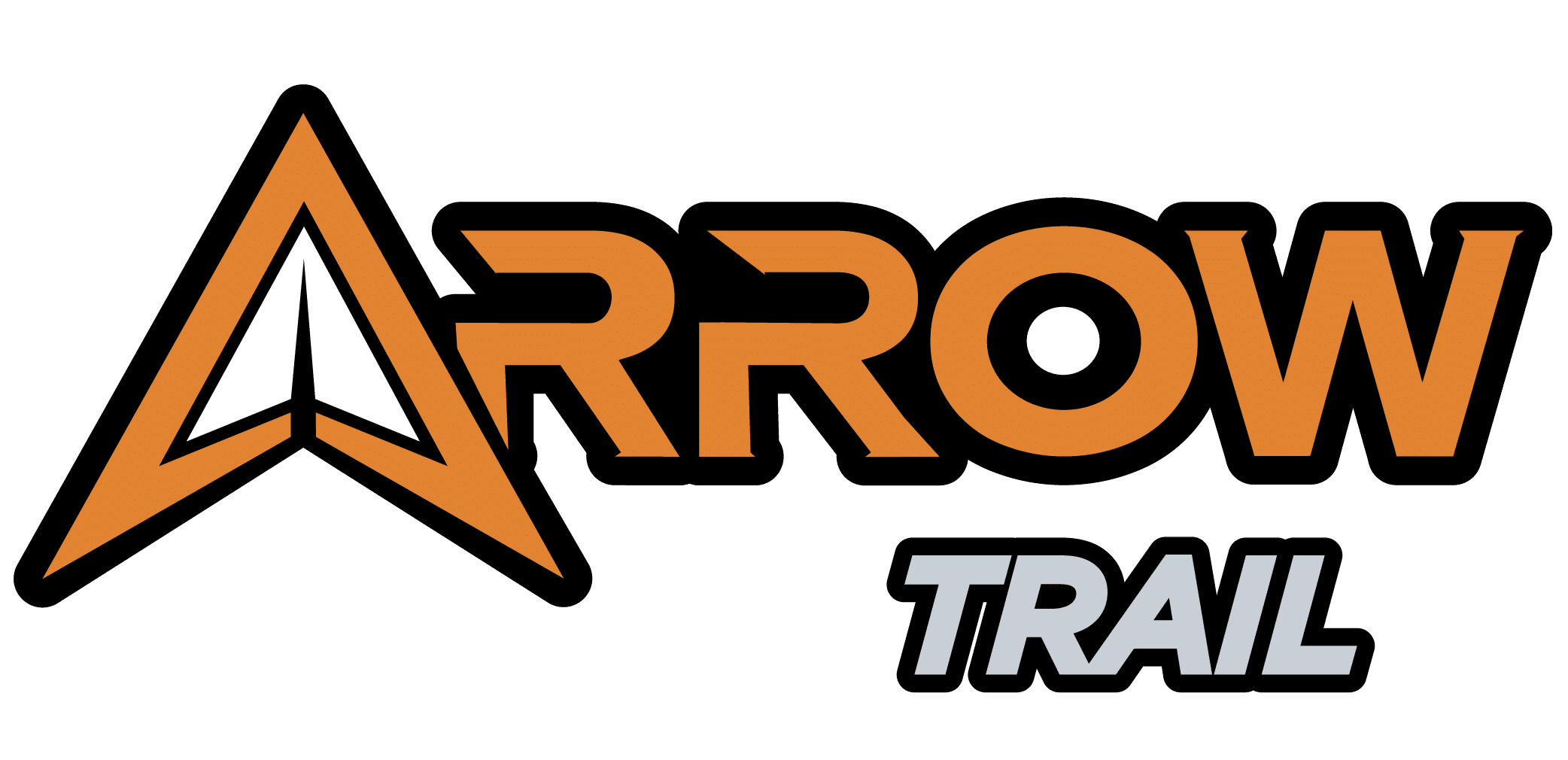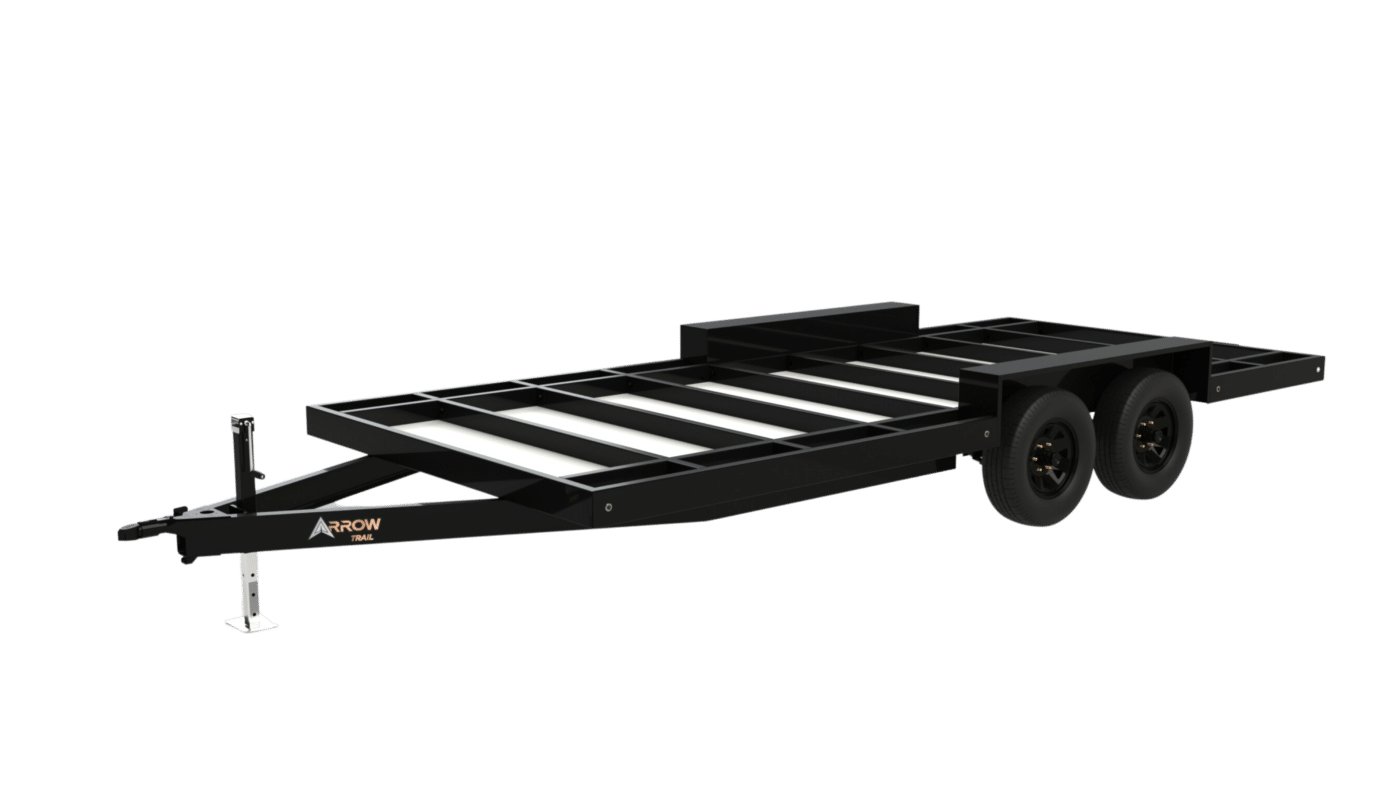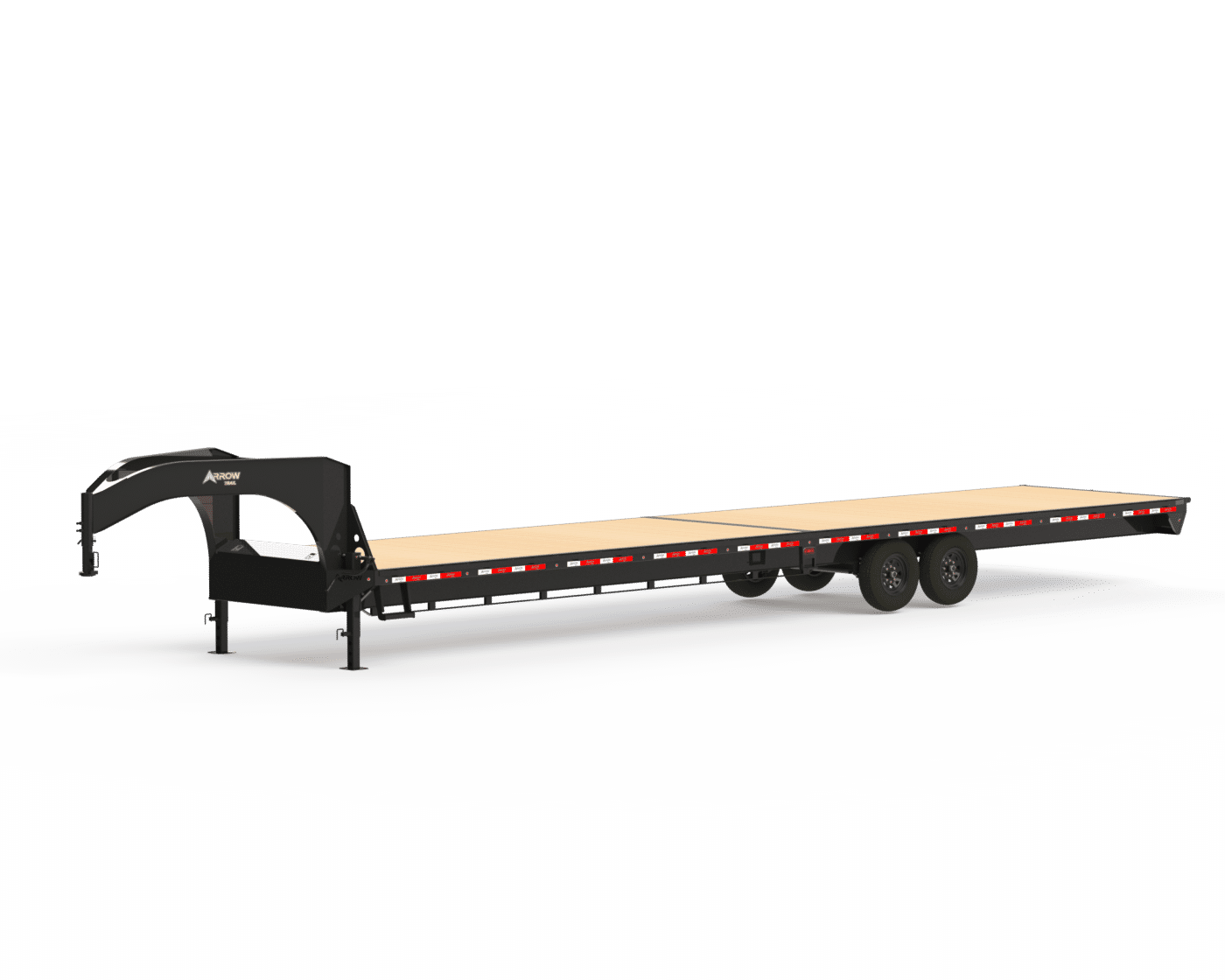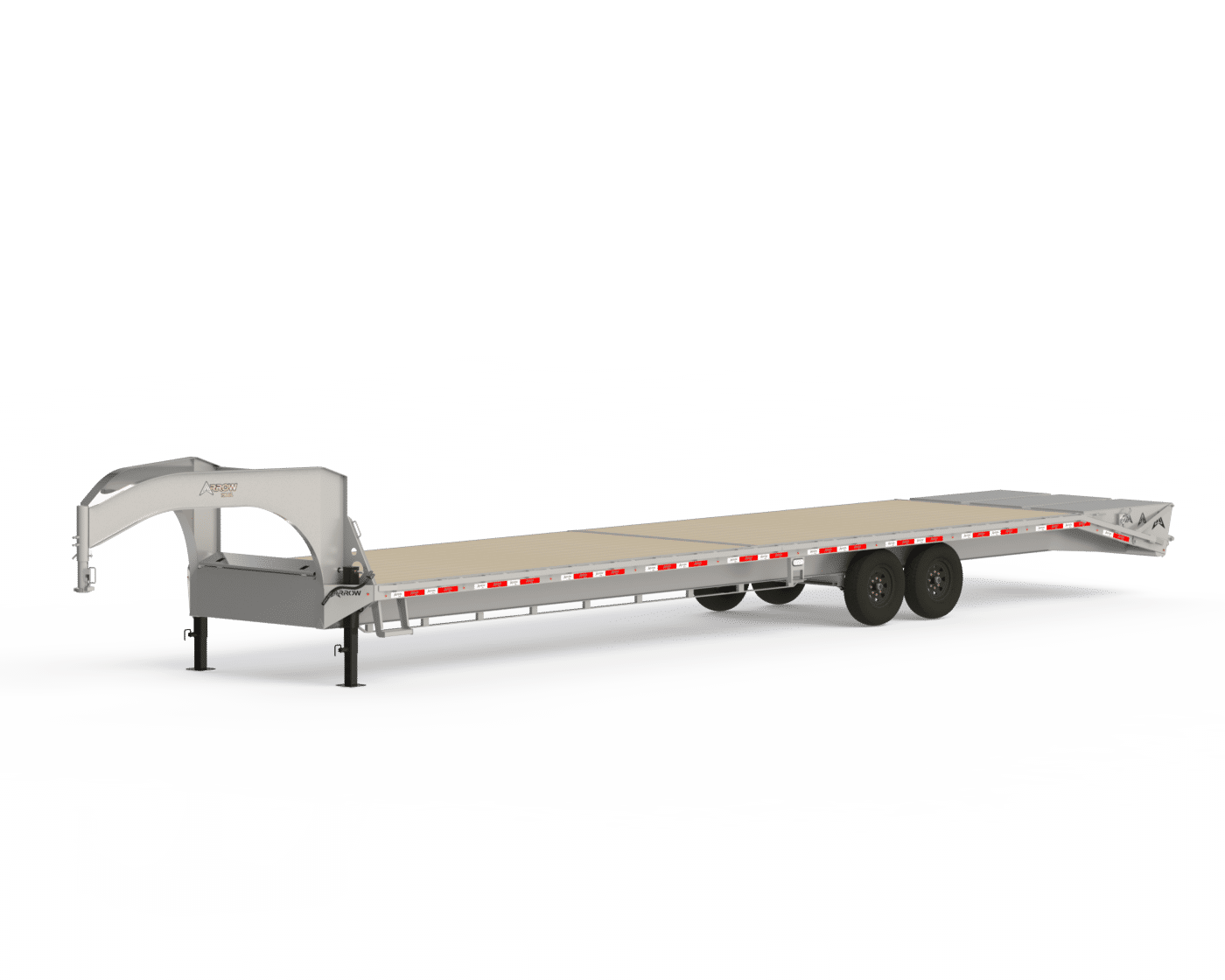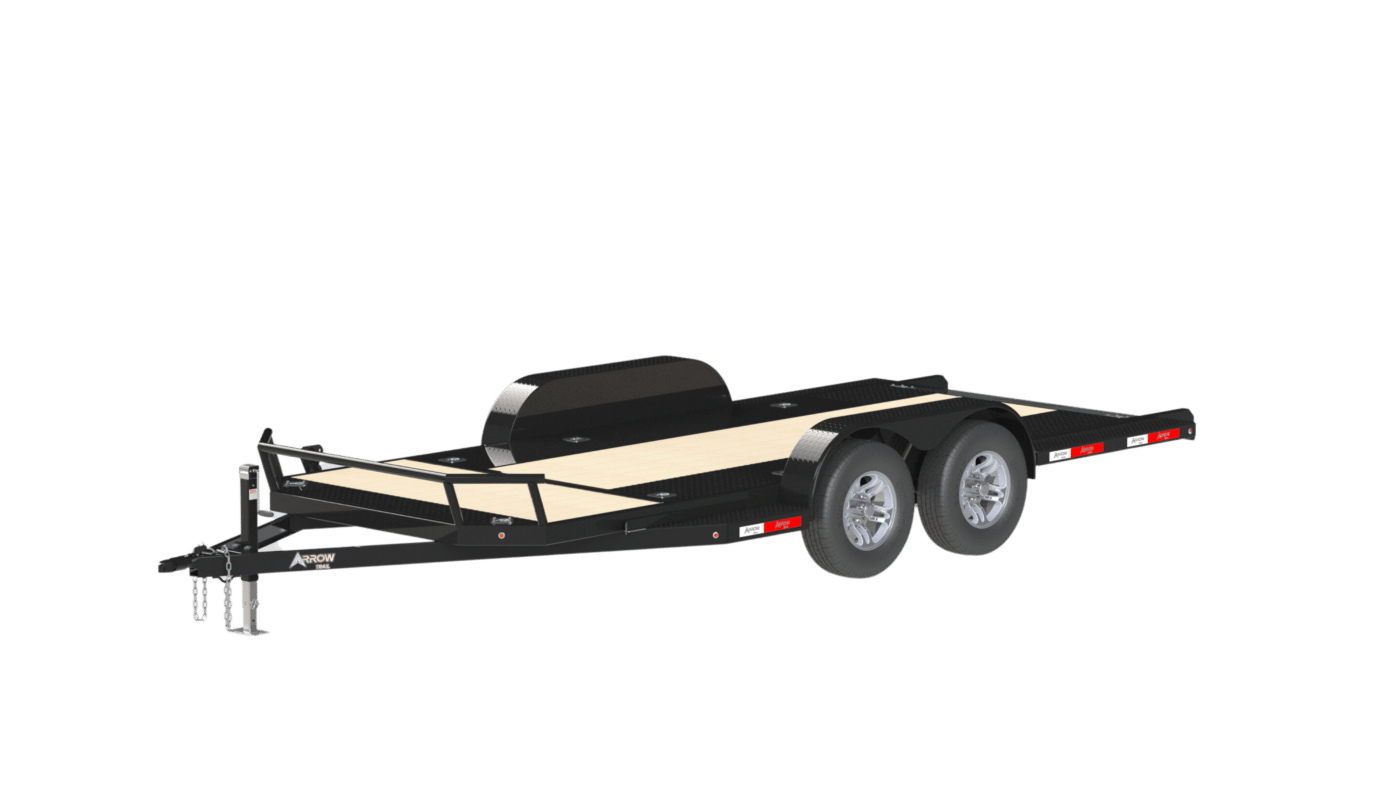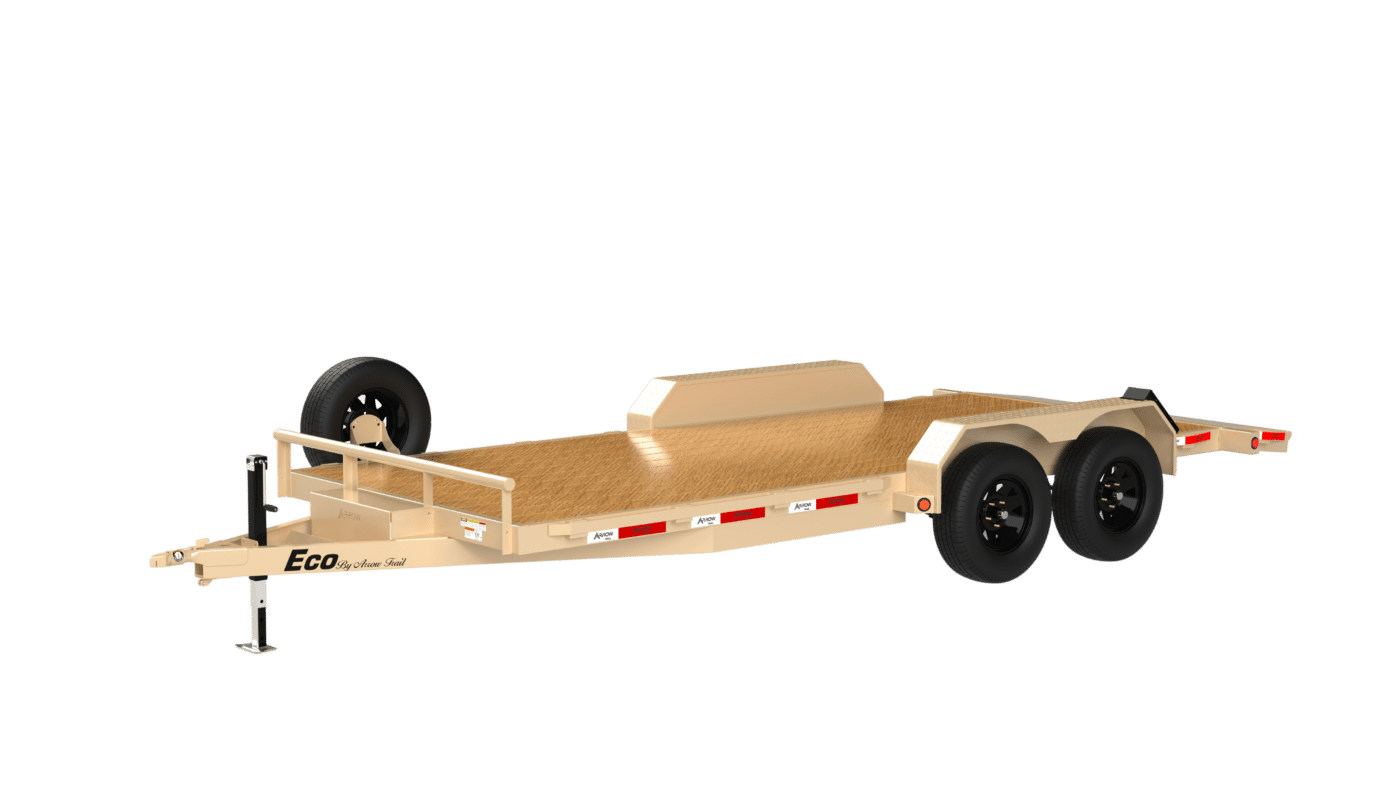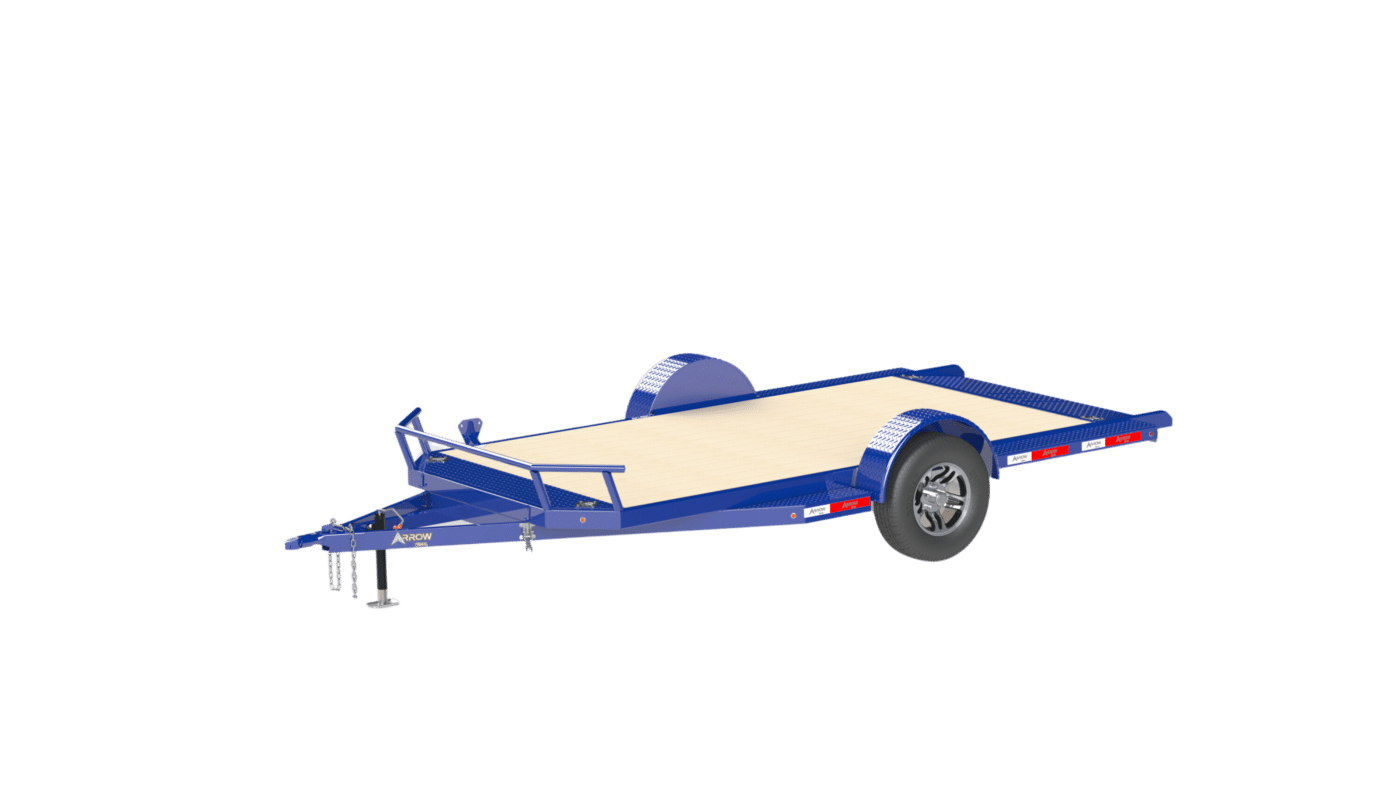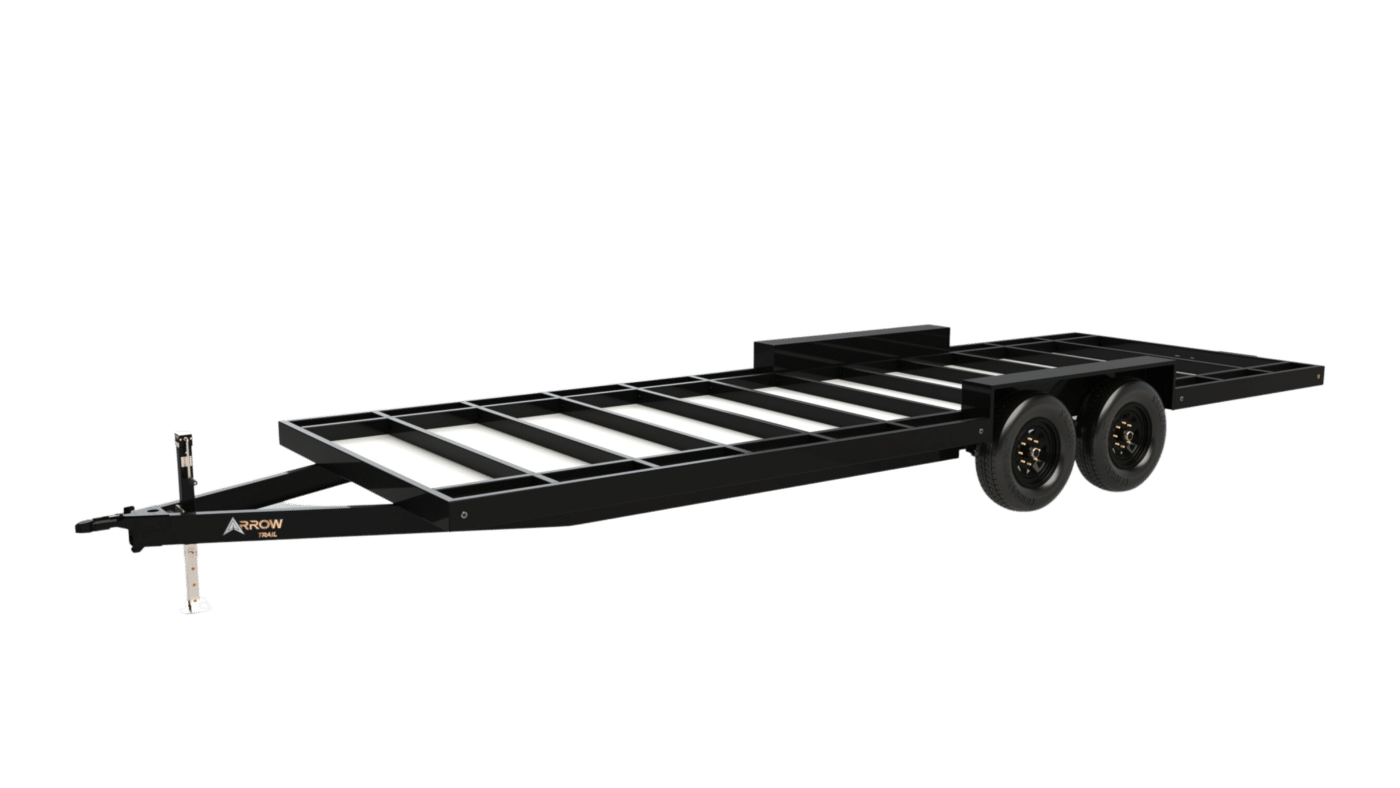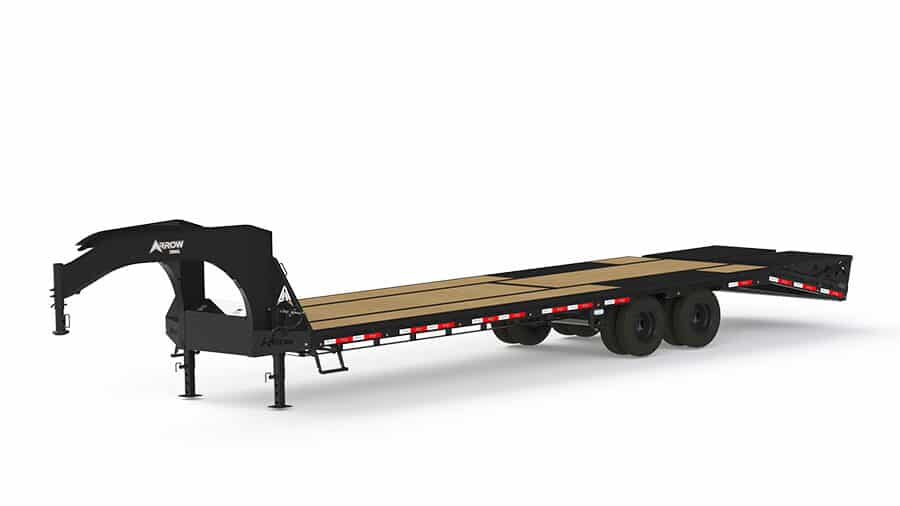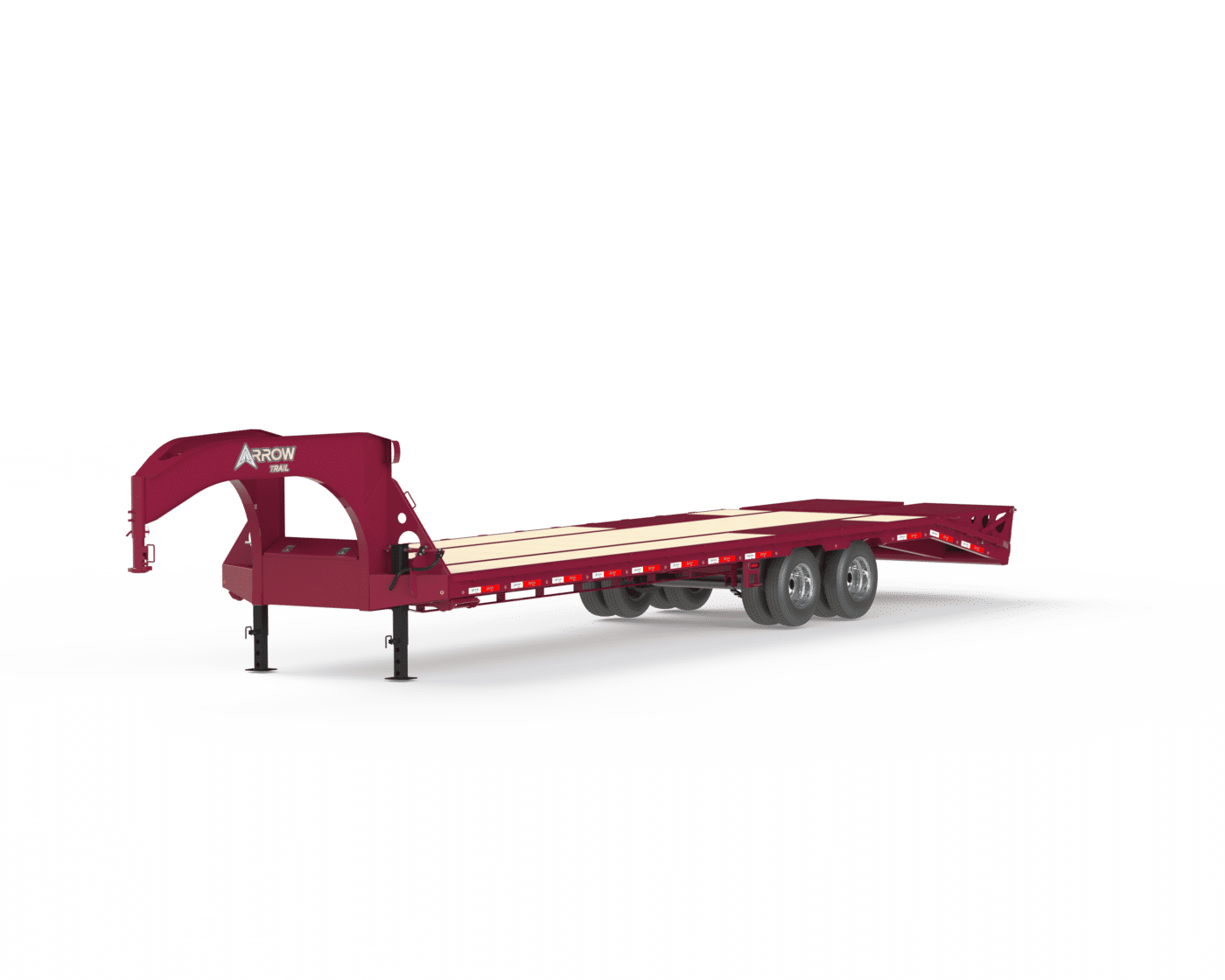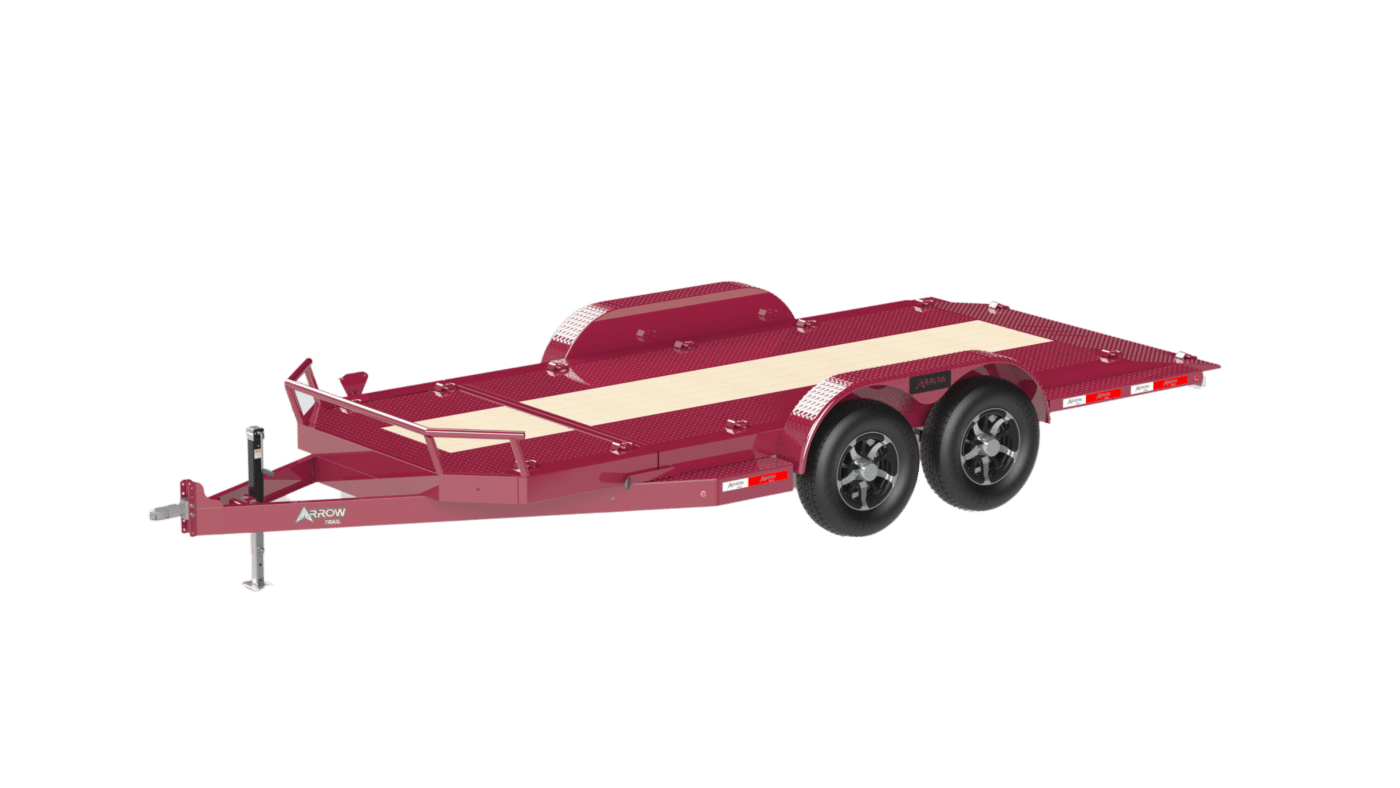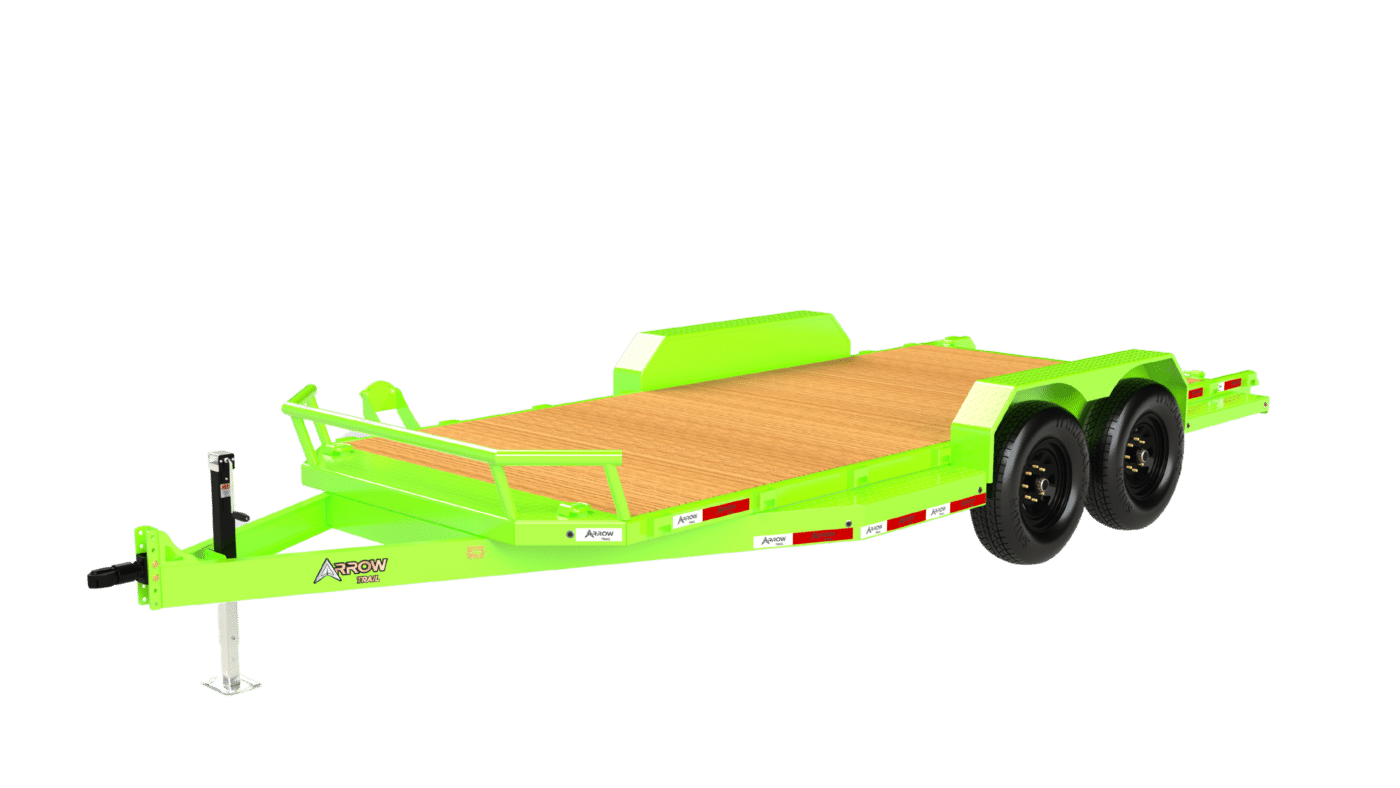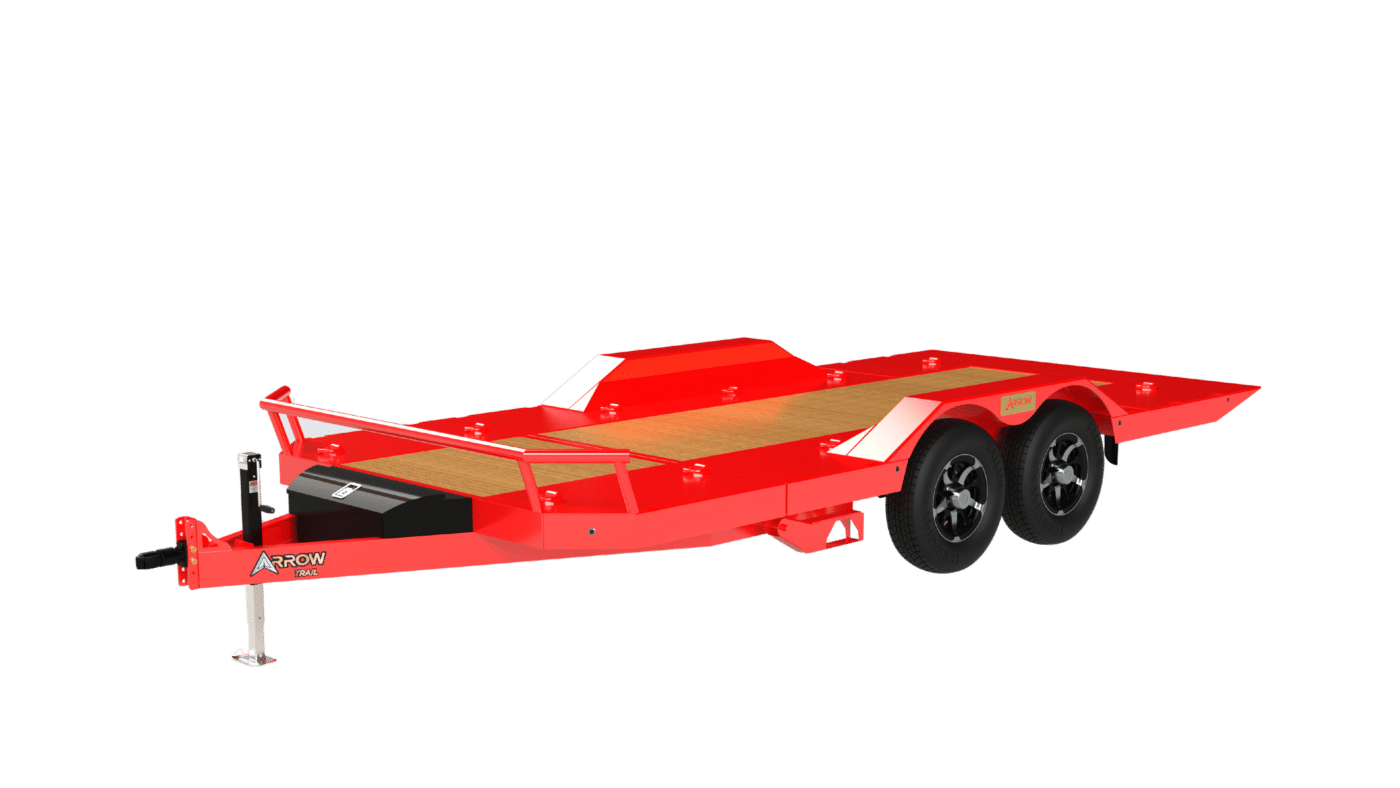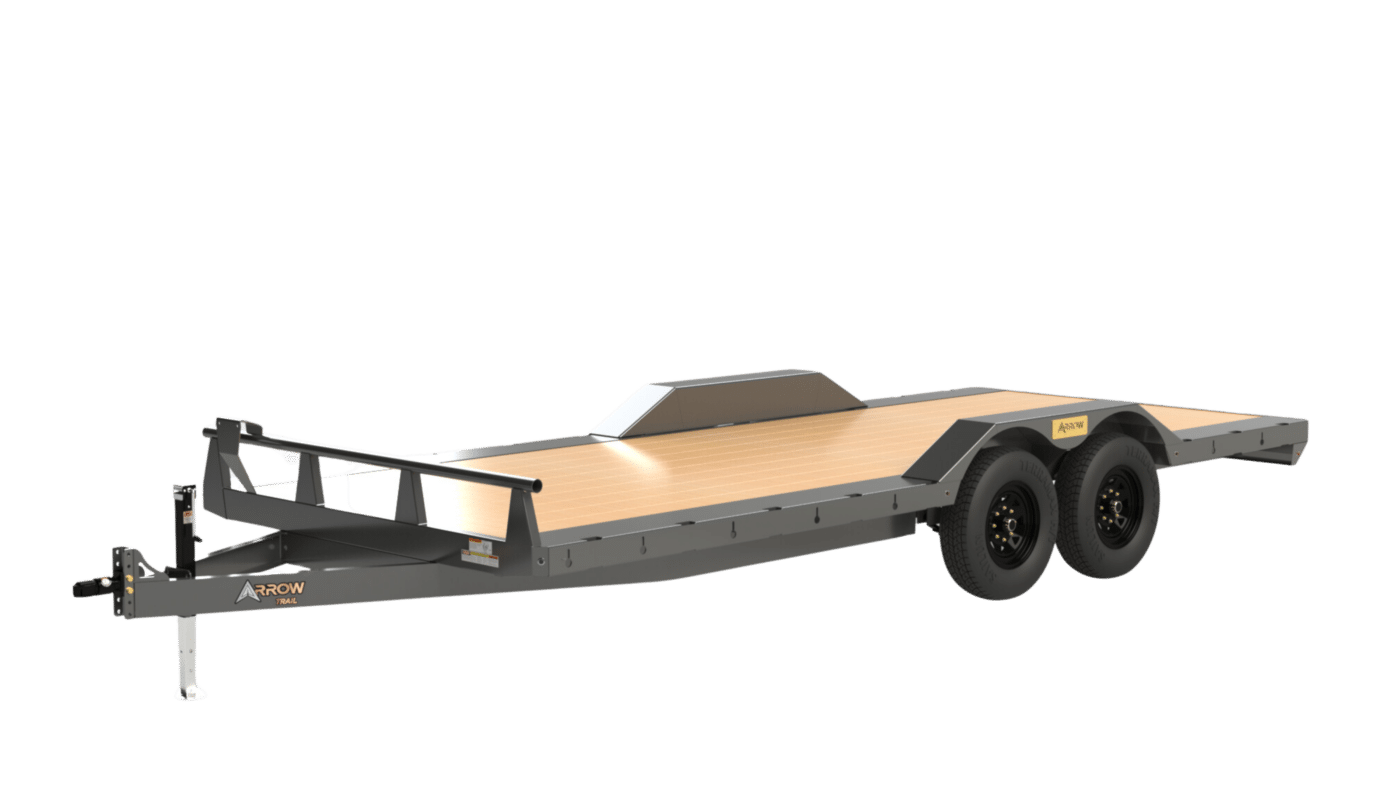What Are The Trailer Laws in Oregon?

Are you looking to get a trailer on the road in Oregon? Before you hit the highway, it’s important to make sure your trailer meets all of the state’s legal requirements. Oregon has specific rules in place to help keep roads safe and ensure trailers are properly equipped for towing. From lights and brakes to tires and fenders, every part of your trailer plays a role in staying compliant. This guide will walk you through everything you need to know, with a detailed breakdown of the key components your trailer must have in order to operate legally in Oregon.
Registration & Titling Requirements
Do Trailers Need to Be Registered in Oregon?
Yes, trailers need to be registered in Oregon. Oregon defines trailers as “vehicles without motive power designed to be drawn by another vehicle.” Trailers on public roads in Oregon must be registered by the DMV. Trailers are classified by their load weight: light trailers weigh 8,000 pounds or less, and heavy trailers weigh more than 8,000 pounds.
Registration is not needed for trailers with pneumatic tires made of elastic material that don’t carry more than 1,800 pounds.
Do Trailers Need Titles in Oregon?
Yes, trailers will need to be titled in Oregon. The DMV offers titling for trailers, and the fee varies depending on the type of trailer. Light trailers have a title fee of $101 and a second-year registration fee of $126. Heavy trailers have a title fee of $90 and a permanent registration fee of $10. Fees may change, so make sure to visit the DMV page for up-to-date information.
Trailer Dimensions & Weight Restrictions
Maximum Legal Dimensions
A trailer will not need special permits if it is 8 feet 6 inches wide and 14 feet high. The maximum length of a trailer in Oregon is 40 feet, with a total length of 60 feet, width of 102 feet, and height of 14 feet.
Weight Limits
The maximum load the tow vehicle can carry is the gross vehicle weight rating (GVWR).
Some manufacturers will add an empty weight for trailers with the maximum weight they can carry. If you would like to know the actual weight of your trailer, Oregon offers public weigh stations on most major highways. There are other gross weights to be aware of, such as gross axle weight.
Towing Vehicle
It’s important to ensure your towing vehicle has the proper tow rating, including size, maximum loaded weight, and maximum tongue weight. The maximum tongue weight is the weight a trailer can press down on the hitch. Too little weight causes sway, while too much weight causes issues with steering. Your towing vehicle may need to have a higher tire pressure when towing, especially if it is a heavier load. A towing vehicle can only pull one trailer by law in Oregon.
Lighting, hitches, & Mirrors

Do You Need Lights on a Trailer in Oregon?
Oregon requires by law that all trailers, regardless of size, have:
- 2 tail lights
- 2 brake lights
- Side marker lights and reflectors
- Turn signal lights
- Registration plate lights
- 2 rear reflectors
If the trailer is more than 80 inches in width and less than 30 feet in length, it must include:
- 2 front clearance lights
- 2 rear clearance lights
- Front and rear identification lights
- Intermediate side marker lights
- Side reflectors on each side
Safety Chains, Hitches, and Couplers
In Oregon, you are required to have one or more safety chains on your trailer, which helps with sharp turns. Make sure they are positioned correctly so they do not drag on the ground. The chains must be connected to the towing vehicle, the trailer, and the tow bar.
If the trailer’s gross weight is more than 5,000 pounds, the coupling device must be attached to the frame of the towing vehicle, not the bumper.
Mirrors
Oregon law requires drivers to have extended side-view mirrors so they can always see 200 feet behind them, which allows a clear and unobstructed view of other vehicles.
Brake System Requirements

General Requirements
While a braking system isn’t required in Oregon, it is highly recommended. The type of brake system depends on your tow vehicle. If you are traveling out of state, make sure you check the brake system requirements of the state before you travel. Two types of brakes are electronically controlled brakes and surge brakes.
Electronically Controlled Brakes
Electronically controlled brakes offer automatic and manual control of trailer brakes. This type of brake will need a control box, which will require adjustment when the trailer load changes.
Surge Brakes
Surge Brakes are hydraulic brakes activated by a master cylinder at the hitch and trailer tongue. They are not controlled by the hydraulic fluid of the towing vehicle. While surge brakes are allowed in Oregon, they may not be permitted in some other states.
Parking Brake Requirements
Oregon does not have specific parking brake requirements for trailers. However, the towing vehicle must have a parking brake system that is adequate to hold the trailer on any grade and any loading condition.
Brake Performance Standards
As mentioned above, brakes are not required for trailers in Oregon. If the trailer weighs more than 8,000 pounds, it must be able to brake from 20 miles per hour to stop within 35 feet.
Wheels and Fenders
Wheels
All trailers operating in Oregon must be equipped with tires that are in safe operating condition. Each tire must be of the same size and type on both sides of each axle to ensure proper weight distribution and safe handling. Make sure your tires are properly inflated and free from defects such as exposed cords or significant tread wear.
Fenders
Oregon law requires that trailers be equipped with fenders, mudguards, or similar protective devices. These must cover the full width of the tire and be located within 10 inches of the road surface to prevent debris from being thrown. Fenders or mud flaps are especially important when towing on highways or public roads, as they reduce the risk of rocks, water, or dirt being kicked up and damaging other vehicles.
License Plates & Driver Licensing
Can You Drive a Trailer Without a License Plate in Oregon?
A trailer in Oregon is not required to have a license plate if the trailer’s weight is less than 1,800 pounds. For trailers heavier than that, a license plate will be required. Without a license plate, you risk getting pulled over. License plate laws differ from state to state, so make sure to check license plate requirements for trailers in each state before traveling.
Do You Need A CDL to Haul a Trailer in Oregon?
In Oregon, a CDL is required if a vehicle has a gross weight of more than 26,001 pounds or a trailer has a total gross weight of more than 10,000 pounds. In most trailer uses, a CDL will not be required. For more information, view the Oregon Commercial Driver Manual.
Do You Need Insurance for a Trailer in Oregon?
You are not required to have insurance on a trailer in Oregon. However, driving without insurance in Oregon is illegal, so ensure that you have insurance for your towing vehicle before hitting the road. Visit the Oregon insurance requirement page for more information.
Find A Trailer That Meets Oregon’s Legal Standards
Browse Legal Trailer Options
Light Trailers
Heavy Trailers
Get Your Oregon-Approved Trailer Today

Now that you have all the information you need to get started, it’s time to get your new trailer. Arrow Trail offers trailers that will last you years, with the requirements necessary to be on the road in Oregon. Not sure what trailer you want? We broke down the main types of trailers and what they’re best used for to help you get the most out of your trailer with maintenance tips to extend its lifespan. We can also help with choosing your trailer size, weight information, and how to choose the right trailer for your needs. Request a quote today or visit our dealer to get started!
